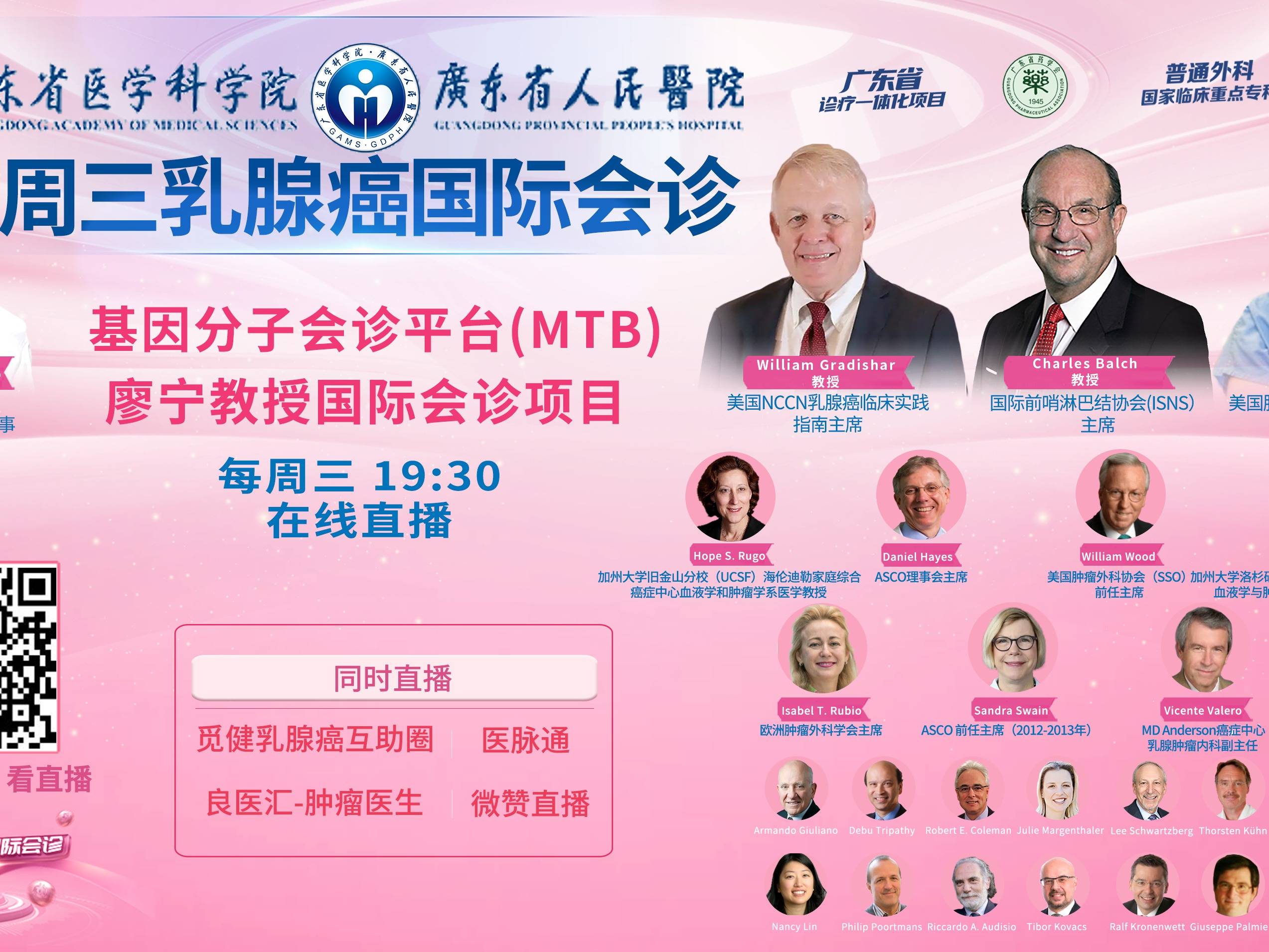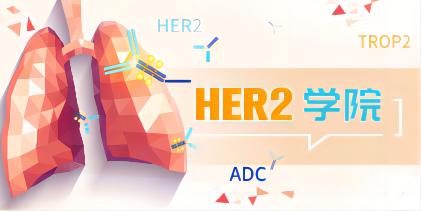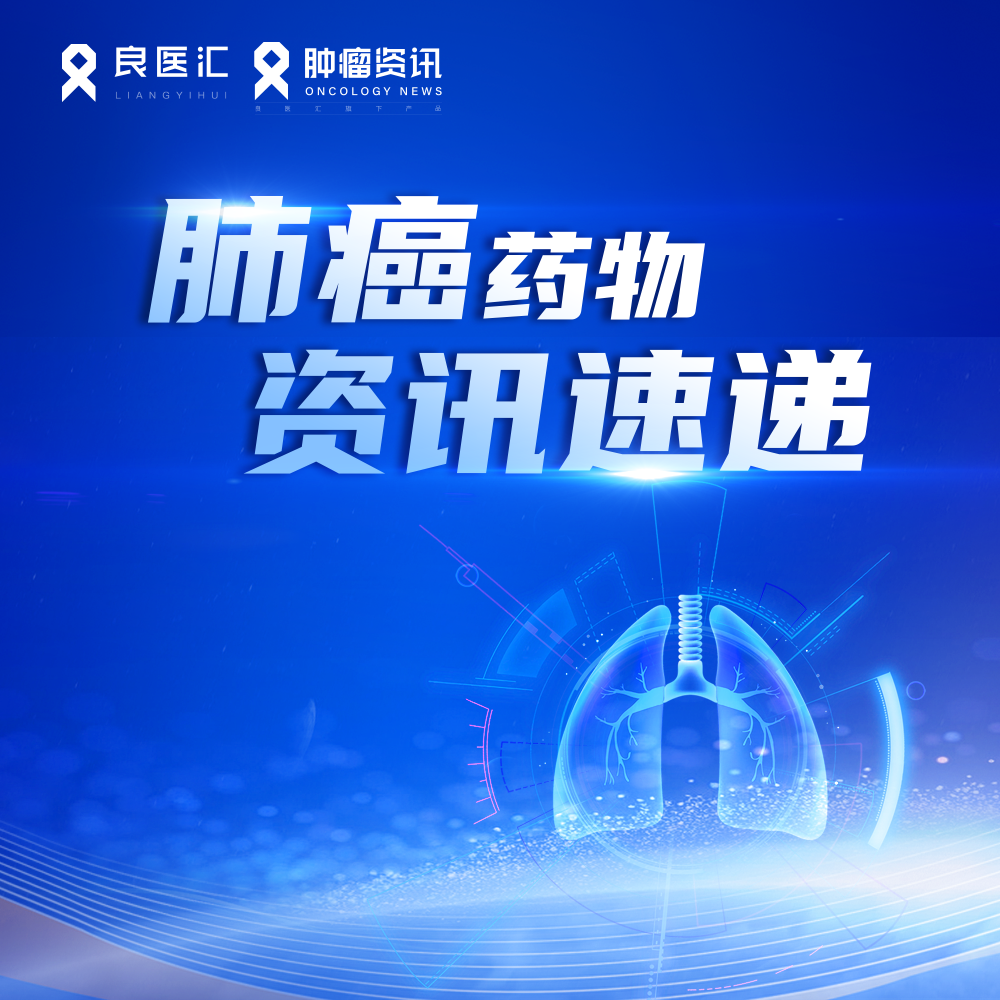2015年3月26日讯,卫材(Eisai)新型口服抗癌药Lenvima(lenvatinib)近日喜获日本批准用于不可切除性甲状腺癌的治疗。这也是该药继今年2月获美国批准之后,攻下的又一重要市场。此前,lenvatinib在美国、日本、欧盟均被授予孤儿药地位及优先审查资格。该药作为一种具有重大公共卫生利益的创新药物,将帮助解决甲状腺癌领域存在的严重未满足的医疗需求。
卫材表示,Lenvima将成为不可切除性甲状腺癌临床治疗的新标准。业界对Lenvima非常看好,预计该药将成为卫材新的摇钱树,年销售峰值将突破10亿美元。
根据卫材官方信息,在一项大型III期SELECT研究中,与安慰剂相比,lenvatinib显著延长了放射性碘难治性分化型甲状腺癌的无进展生存期(PFS:18.3个月 vs 3.6个月);同时,lenvatinib治疗组有显著更高比例的患者实现肿瘤体积缩小(65% vs 2%)。此外,在日本开展的另一项II期研究中,lenvatinib针对甲状腺髓样癌和未分化型甲状腺癌也表现出了很好的疗效和耐受性。
基于这些结果,Lenvima获日本监管机构批准,成为治疗不可切除性甲状腺癌(包括分化型甲状腺癌、甲状腺髓样癌、未分化型甲状腺癌)的首个分子靶向治疗药物。
当前,尽管大多数类型的甲状腺癌能够治疗,而一旦恶化鲜有治疗方案可供选择。分化型甲状腺癌(DTC)是最常见的甲状腺恶性肿瘤,近年来发病率稳步上升。
Lenvatinib是一种口服多受体酪氨酸激酶(RTK)抑制剂,具有新颖的结合模式,除抑制参与肿瘤增殖的其他促血管生成和致癌信号通路相关RTK外,还能够选择性抑制血管内皮生长因子(VEGF)受体的激酶活性。目前,卫材也正在评估lenvatinib用于其他类型肿瘤的治疗,包括肝癌、肾细胞癌、非小细胞肺癌等,该药在日本、欧盟及其他国家的监管审查正在进行中。(生物谷Bioon.com)
英文原文:EISAI RECEIVES APPROVAL IN JAPAN FOR ANTICANCER AGENT LENVIMA (LENVATINIB MESYLATE) AS TREATMENT FOR UNRESECTABLE THYROID CANCER
Eisai Co., Ltd. (Headquarters: Tokyo, CEO: Haruo Naito, “Eisai”) announced today that it has received manufacturing and marketing authorization in Japan for its in-house developed novel anticancer agent Lenvima(lenvatinib mesylate) indicated for the treatment of unresectable thyroid cancer.
In a global Phase III study (the SELECT study) of Lenvima in differentiated thyroid cancer, Lenvima demonstrated a statistically significant extension in progression free survival and improved response rates compared to placebo1 .
In the SELECT study, the five most common Lenvima treatment-related adverse events of any grade were hypertension, diarrhea, fatigue or asthenia, decreased appetite, and weight loss. Furthermore, a Phase II study (Study 208) conducted in Japan suggested efficacy and tolerability of Lenvima in medullary thyroid carcinoma and anaplastic thyroid carcinoma as well2 .
Due to the results of these studies, Lenvima is the first molecular targeted treatment in Japan approved with an indication for unresectable thyroid cancer which covers differentiated thyroid cancer as well as medullary thyroid carcinoma and anaplastic thyroid carcinoma.
The number of patients with thyroid cancer in Japan is estimated to be between 13,000 and 29,000. Although treatment is possible for most types of thyroid cancer, there are few treatment options available for unresectable thyroid cancer and so there is a pressing need for the development of new treatment options. With a high degree of clinical malignancy and a prognosis among the worst of all types of cancer, anaplastic thyroid carcinoma in particular is a disease with significant unmet medical needs.
Through this approval, Eisai hopes that Lenvima will make a contribution to patients as a new standard treatment for unresectable thyroid cancer, which has no established standard treatment in Japan at present.
Lenvima is an orally administered molecular targeted agent that selectively inhibits the activities of several different molecules including VEGFR, FGFR, RET, KIT and PDGFR. In particular, the agent simultaneously inhibits VEGFR, FGFR and also RET which are especially involved in tumor angiogenesis and proliferation of thyroid cancer.
Furthermore, Lenvima has been confirmed through X-ray co-crystal structural analysis to demonstrate a new binding mode (Type V) to VEGFR2, and exhibits rapid binding to the target molecule and potent inhibition of kinase activity, according to kinetic analysis.
Lenvima was launched in the United States indicated for the treatment of locally recurrent or metastatic, progressive, radioactive iodine-refractory differentiated thyroid cancer in February 2015. Currently, the agent is undergoing regulatory review in the EU, as well as Switzerland, South Korea, Canada, Singapore, Russia, Australia and Brazil. Furthermore, Eisai is conducting a global Phase III trial of Lenvima in hepatocellular carcinoma as well as Phase II studies of Lenvima in several other tumor types such as renal cell carcinoma and non-small cell lung cancer.
In addition to providing Lenvima as a new treatment option for thyroid cancer, in accordance with the conditions of approval, Eisai will work after launch to carry out an observational study and promote the appropriate use of Lenvima. Eisai is committed to exploring the potential clinical benefits of Lenvima in order to further contribute to patients with cancer, and their families.















 苏公网安备32059002004080号
苏公网安备32059002004080号


